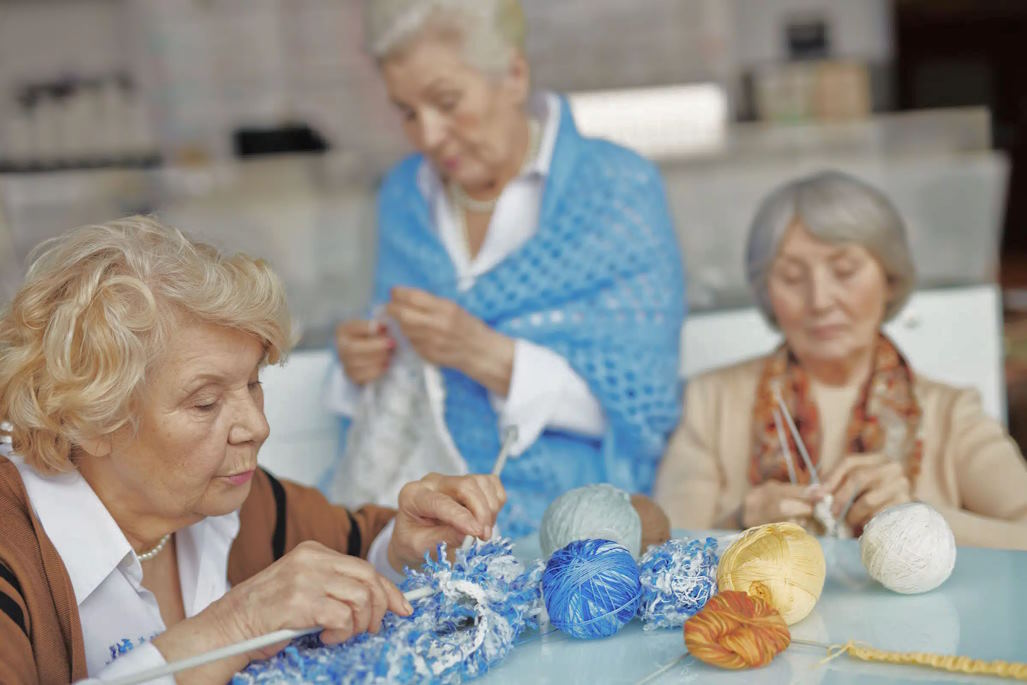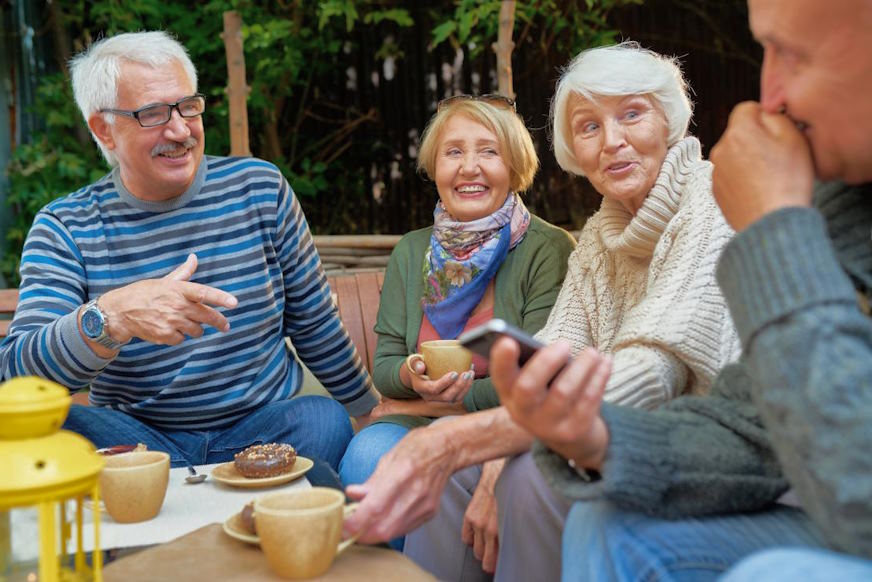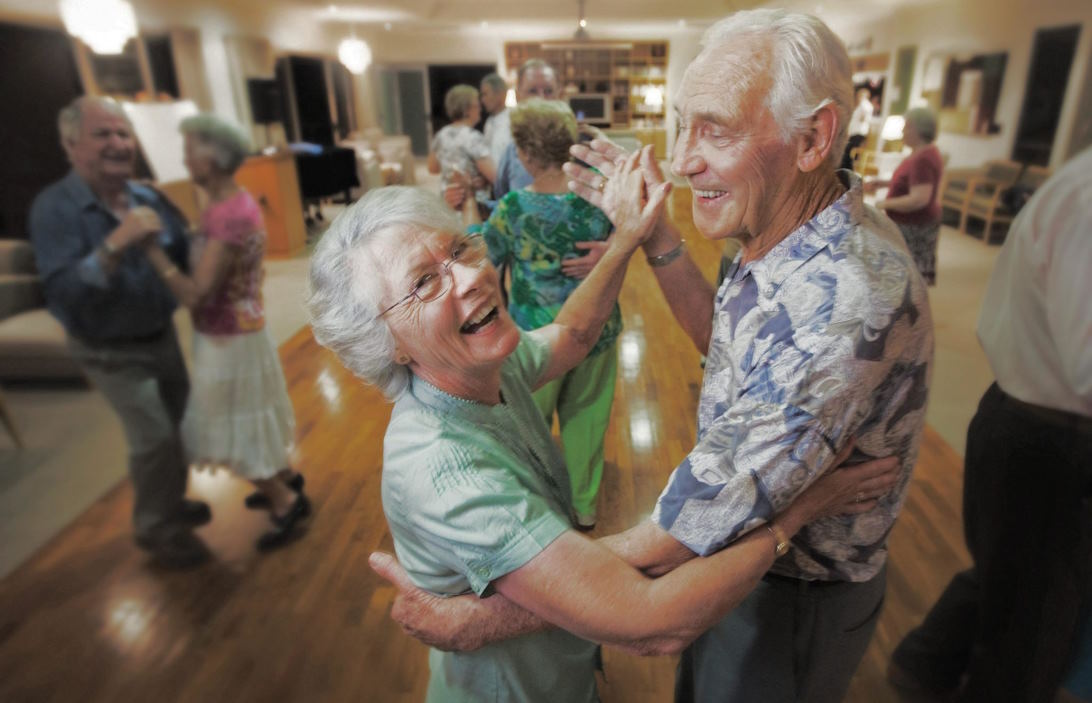A Guide to Choosing the Right Assisted Living Facility for Your Loved Ones
As our loved ones age, ensuring their safety, well-being, and
Read more...
As the sun sets on a life well-lived, the elderly among us deserve the utmost care and attention to ensure their golden years are filled with happiness, health, and fulfillment. In this fast-paced world, where digital connections often take precedence, the value of genuine face-to-face interactions and engaging activities cannot be overstated, especially for our senior citizens.
One of the most remarkable advantages of engaging in social interaction and participating in group activities for elderly individuals is the opportunity to form meaningful relationships and lasting friendships. As seniors come together in communal settings, they discover shared interests and life experiences, providing a solid foundation for genuine connections. These relationships often transcend the boundaries of age and become a source of emotional support, laughter, and camaraderie. The bonds forged through group activities can lead to a sense of belonging, reducing feelings of isolation and loneliness that are all too common among the elderly. As friendships flourish, seniors experience an enhanced quality of life, as they can confide in one another, celebrate joys, and navigate challenges with unwavering support.
Participating in group activities not only fosters individual connections but also nurtures a strong sense of belonging within a community. Seniors become valued members of a larger social fabric, finding solace in the knowledge that they are part of something meaningful. Whether it’s joining a local club, attending social gatherings, or participating in group outings, the feeling of being welcomed and appreciated strengthens their emotional well-being. This sense of belonging instills a renewed sense of purpose, igniting a spark of enthusiasm to actively engage with others and contribute to the community.

Engaging in social interaction through group discussions provides elderly individuals with a stimulating platform for knowledge-sharing and exchanging ideas. Whether it’s discussing current events, historical anecdotes, or personal experiences, these conversations spark intellectual curiosity and encourage active participation. The diverse perspectives brought forth during these discussions challenge seniors to think critically, broaden their horizons, and stay informed about the world around them. As they contribute their insights and wisdom, they not only enrich their own understanding but also inspire others to view topics from different angles, fostering an environment of continuous learning.
Group activities often include a plethora of mentally stimulating pursuits that invigorate the minds of elderly participants. From solving puzzles and brain teasers to engaging in creative endeavors like painting or writing, these activities provide a refreshing break from routine and keep the cognitive gears turning. Hobbies such as learning a new instrument, joining a book club, or exploring culinary arts not only provide intellectual stimulation but also instill a sense of accomplishment and fulfillment.

Organizing regular social events and gatherings is an effective way to encourage social interaction among elderly individuals. Community centers, senior care facilities, or local organizations can host events such as tea parties, game nights, cultural celebrations, or outdoor excursions. These occasions provide seniors with opportunities to come together, share experiences, and build connections in a relaxed and enjoyable setting. By fostering a sense of community and belonging, these events promote positive social engagement and combat feelings of isolation.
Encouraging elderly individuals to participate in community programs and clubs can significantly enrich their social lives. These programs often cater to specific interests, such as art, music, gardening, or fitness, allowing seniors to engage with like-minded peers. Joining clubs also opens avenues for exploring new hobbies and learning from one another, fostering a sense of purpose and camaraderie. Whether it’s a knitting club, a dance class, or a photography workshop, these activities offer a sense of fulfillment and social connection.
Sign up for our newsletter to receive the latest updates, heartwarming stories, and valuable resources on elderly care and community assistance. Join our compassionate community of caregivers, volunteers, and advocates, and be a part of the positive change we're making together.